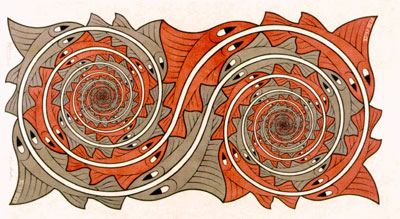ART serves as the catalyst that wrestles comprehension from the sociopolitical and cultural shifts of each era. Our collective histories inform our understanding of creativity. It would seem that our understanding is a cultural artifact, handed down from one generation to the next. Those who are driven to create – novels, poetry, art, plays, and characters – do so via osmosis. They absorb the cultural milieu and sociopolitical climate that they live in.
I am always watching for the fluid connection between the street, the soul, what is not seen by many, and what is heard by very few.
When I worked in the theatre, it was imperative that I had a vocabulary of referential experience. This allowed me to prepare a character’s ideology and ground them in a reality that the audience could relate to. When writing, I try to apply this same principle to the trajectory of each character on the page. To me, writing is like theater – a shamanistic act. We are carrying the oral histories of our culture, our beings, and our souls, on to successive generations. Theatre and literature are rooted in historical and cultural teachings.
American theatre director, Anne Bogart writes, “The South African writer Antjie Krog described meeting a nomadic desert poet in Senegal who described the role of poets in his culture. The job of the poet, he explained to her, is to remember where the water holes are. The survival of the whole group depends on a few water holes scattered around the desert. When his people forget where the water is, the poet can lead them to it … What an apt metaphor for the role of the artist in any culture. The water is the history, the memory, the juice, and the elixir of shared experience.”[1]
Without these oral histories: without the poet, the narrator, the playwright or the actor, we loose our past. The power of imagination, myth, and symbol, lay in the hands of those who recount their history – their journeys.
[1] Anne Bogart, And Then, You Act: Making Art in an Unpredictable World, (Routledge, New York May 4, 2007) 21.


thanks for visiting and leaving a comment.